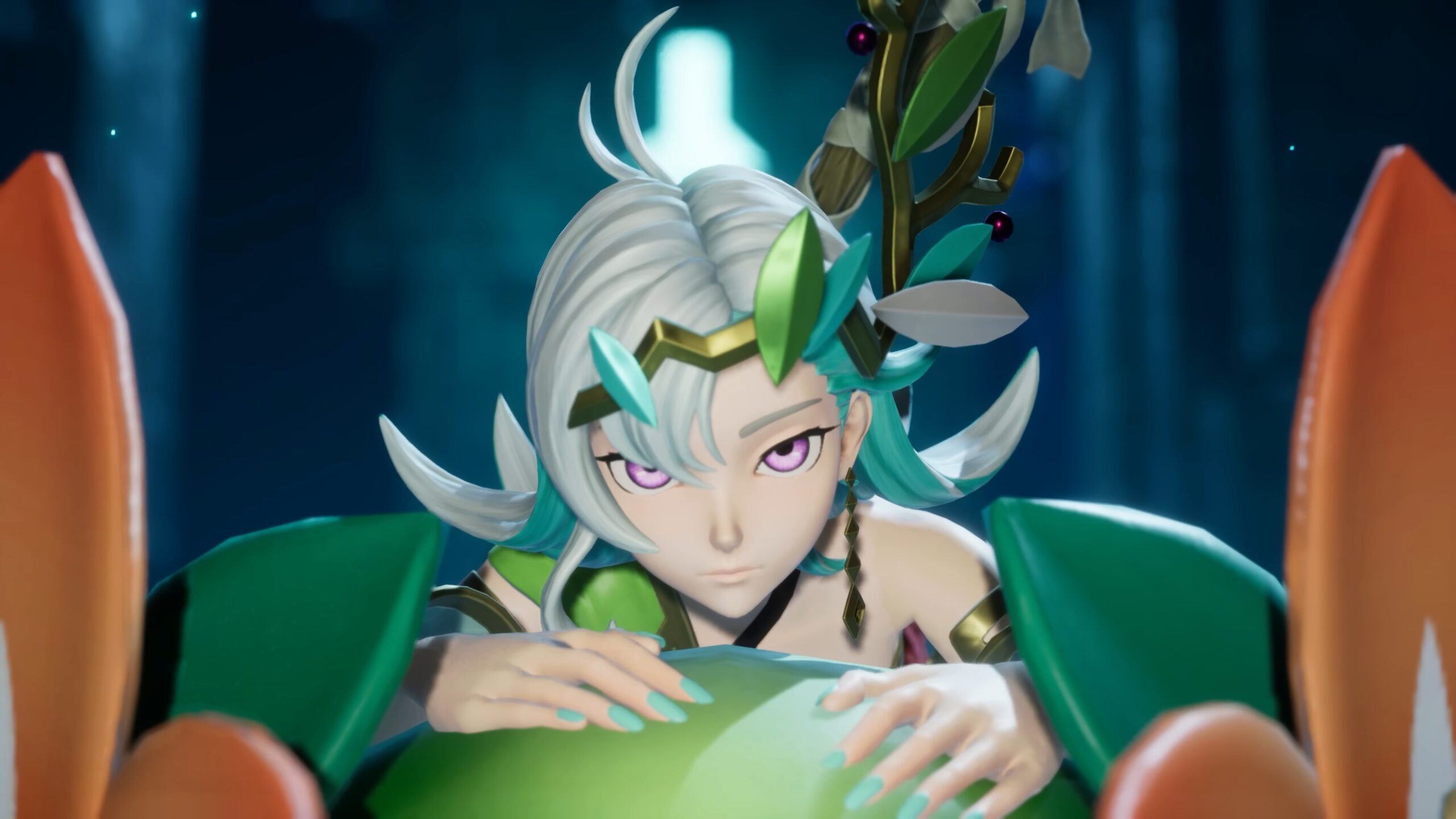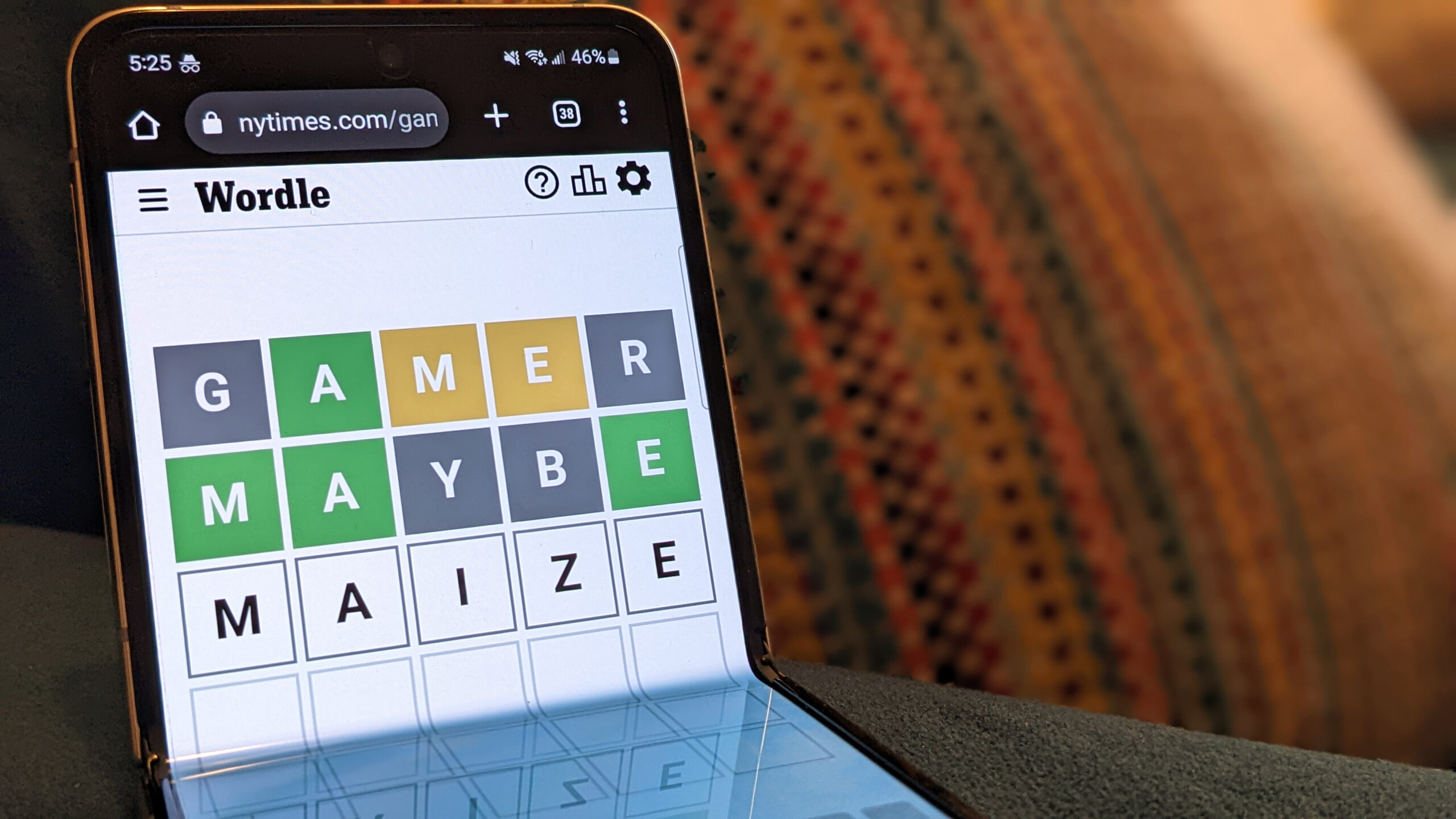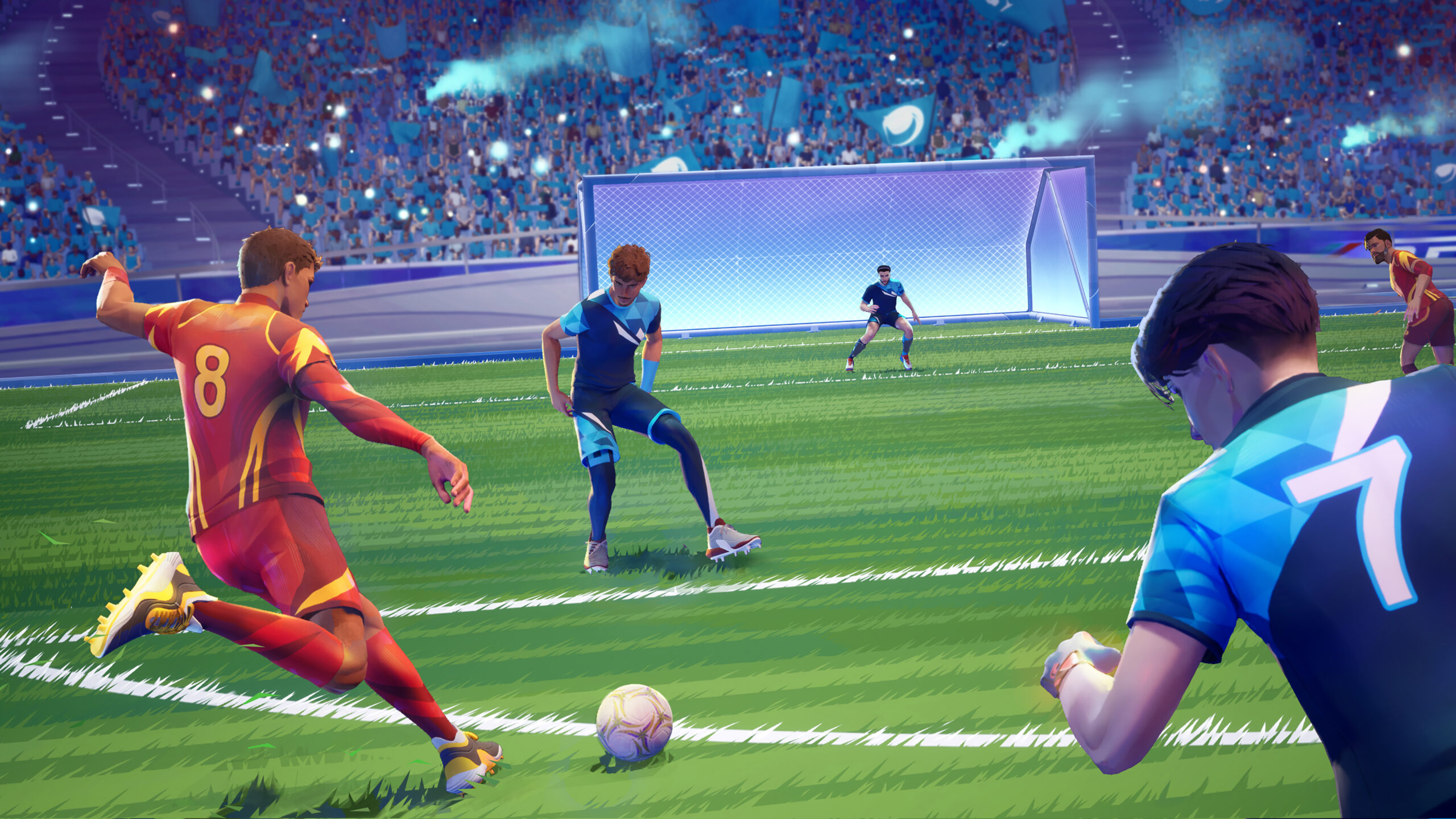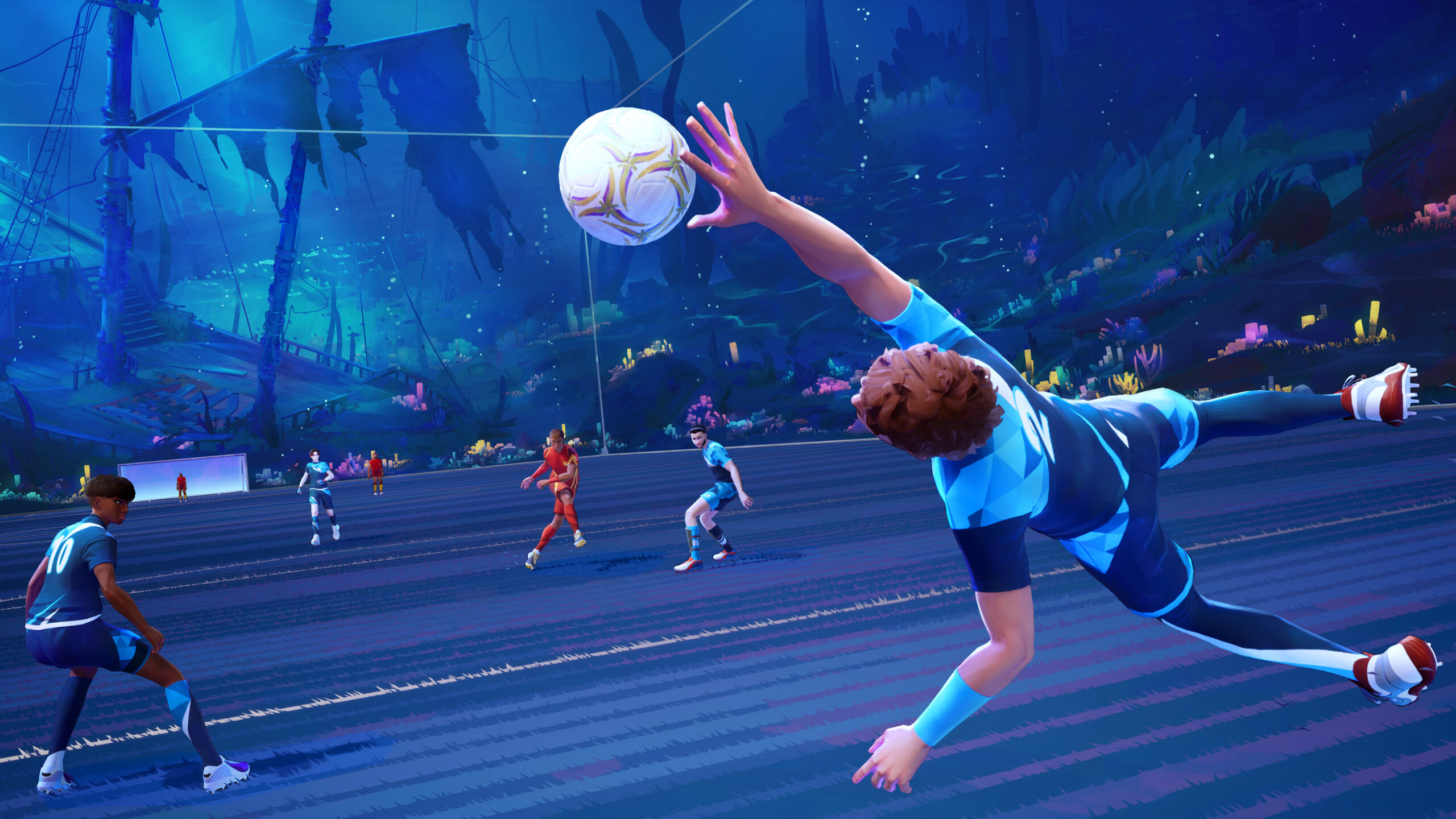Palworld has come under fire for its bootleg Pokémon aesthetic, with some commenters even cross-referencing models like amateur detectives wading into a crime scene. While the claims of straight-up model ripping are unlikely (even if the designs are very clearly derivative) another strain of discussion has emerged: Is the funny Pokémon-meets-survival genre game AI?
Permit me to put on my deerstalker hat and do my best Sherlock Holmes impression—I’d include a pipe, but my smoke alarms are very sensitive. The evidence (as initially pointed out by imZaytri on Twitter/X, though I should point out that they don’t consider this concrete evidence) in favour of this accusation is as follows.
Exhibit A my dear Watson: In 2021, PocketPair’s current CEO Takuro Mizobe made a set of tweets showing astonishment at AI-generated ‘fakémon’, after Buzzfeed’s data scientist Max Woolf created a ream of the little monsters with machine learning.
My favourite is this one, which looks like a crime against god that is begging for the sweet release of death.
(Image credit: @minimaxir on Twitter/X.)
Exhibit B: PocketPair has used AI generation in its video games before. 2022’s AI Impostor uses an image generator as the basis for a Jackbox-like social deduction game. Everyone generates a picture using AI for an exhibition, but the impostor doesn’t know the theme—which does feel like it’s taking the fun out of a group drawing game, but hey.
Lastly, Exhibit C: Mizobe’s blog post detailing the production of the game describes an artist with miraculous turnaround times on the design of the game’s 100+ Pals. Granted, this speculation is based on a machine translation that shifts said artist’s pronouns around more than AI software adds fingers.
The issue is, trying to determine whether Palworld uses generative AI from this evidence alone is the gaming equivalent of drawing red string across a corkboard—nothing here’s substantive evidence, it’s… well, it’s vibes.
A couple of points that run counter to the narrative. Firstly, Steam’s AI policy requires game developers to disclose whether or not they used AI on Steam. Granted, it’s entirely possible for a company to just say ‘No’ and obfuscate the tool’s usage enough to get a pass. People have been known to lie on the internet.
Secondly—things can just be bad, sometimes. I actually wrote about this at length, but AI ruins the critique of games by muddying the pool, forcing us all into AI detective roles rather than talking about why the thing is bad itself.
Palworld’s pal designs can be shockingly derivative and borderline traced without being direct asset rips or AI-generated. Companies have been making knock-off designs since the dawn of gaming.
Going back to those model comparisons for a moment, while the proportions being similar is admittedly suspect—I genuinely think it would be more effort to rip a 3D model off and painstakingly edit it, rather than kitbashing together designs from different properties during the concept art stage.
Similarly, would it actually save anybody any time at all to AI generate a fake Pokémon? You still have to edit, rearrange, and redesign the thing to get something useful. Tracing a design and then making adjustments—something that’s simple for a trained concept artist to do—is straightforward, if just as morally dubious.
That’s not to say I’m not suspicious myself—but vibes-based accusations aren’t evidence anywhere outside of the court of public opinion. I have reached out to PocketPair about this, though I’ve not yet received a comment. Until a full statement is made beyond a plea to stop being vile towards artists, none of us can know for sure.
If AI was used, Palworld does present us with a whole different problem: it’s very possible to disguise the use of AI generative software so thoroughly that you don’t have to disclose it to anybody. A company itself may not even be aware, as was (apparently) the case with Wizards of the Coast and a D&D book last year. As for Palworld, I think some things can just be unsettlingly derivative. Sometimes the Pikachu is just yellow.











